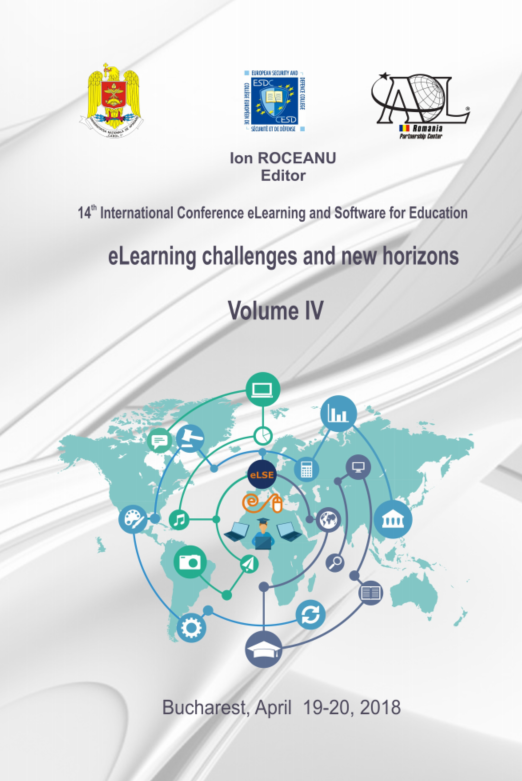Tackling Fake News in a Digital Literacy Curriculum
Tackling Fake News in a Digital Literacy Curriculum
Author(s): Laura Malita, Gabriela GrosseckSubject(s): Social Sciences, Education
Published by: Carol I National Defence University Publishing House
Keywords: digital media; media literacy; students; teachers; academics; Romanian universities;
Summary/Abstract: We are living in a society where digital have made headlines in the area of education over the last years. The use of different devices and applications turn us into both consumers of digital information and producers of a digital content. However, the consumption and the production of information is not always done in a responsible, professional and proper manner. Therefore, digital media skills became more important than ever and should be thought and learnt both in non-formal and informal way. Also, a special attention must be paid by schools and universities. When it comes on teaching and learning about digital media, our approach is media literacy focused on the resilience’s perspective, underlying the perspective of content creation and dissemination of information, too. In this eco-system, we see media literacy as a combination of digital, social and cognitive skills where digital media literacy has as major role to help people to avoid becoming victims of “fake news” and disinformation. Thus, the main aim of this paper is two-fold: [1] to investigate the students’ awareness regarding the increasing phenomenon of so called “fake news”. In this respect we applied an online questionnaire addressing their habits and practices when they have been encountered such doubtful content. As results, we present some recommendations and good practices on how to avoid such content, to critically read, interpret and curate the online content but also to re-edit, re-produce and re-purpose the content in a correct way, given due recognition to originators and [2] to explore the digital media policies of the Romanian universities consortium, from where West University of Timisoara is taking part, regarding the usage and production of media content by students, teachers and administrative staff. Our finding suggests that more concentrated actions should be addressed. Therefore, this paper could be a starting point of further measures and recommendation for the near future. This article is based on the report the authors present at IC4E conference, 4-5 February 2018, Sydney.
Journal: Conference proceedings of »eLearning and Software for Education« (eLSE)
- Issue Year: 14/2018
- Issue No: 04
- Page Range: 343-350
- Page Count: 8
- Language: English

